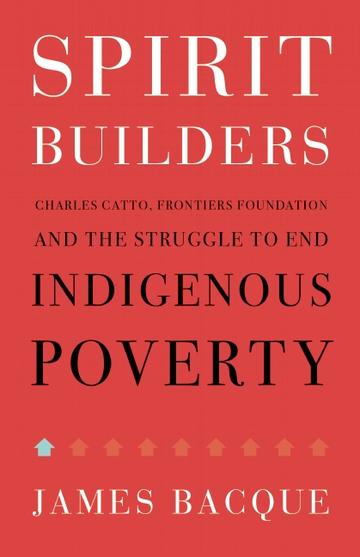About BC Books Online
BC Books Online was created for anyone interested in BC-published books, and with librarians especially in mind. We'd like to make it easy for library staff to learn about books from BC publishers - both new releases and backlist titles - so you can inform your patrons and keep your collections up to date.
Our site features print books and ebooks - both new releases and backlist titles - all of which are available to order through regular trade channels. Browse our subject categories to find books of interest or create and export lists by category to cross-reference with your library's current collection.
A quick tip: When reviewing the "Browse by Category" listings, please note that these are based on standardized BISAC Subject Codes supplied by the books' publishers. You will find additional selections, grouped by theme or region, in our "BC Reading Lists."
The inspiring true story of how one organization has tried to alleviate the struggles faced by indigenous peoples in Canada by building houses and developing livable communities for those in desperate need.
The people who were living here on Turtle Island (North America) before us have been pushed aside from their own land for decades. Mining companies, lumber companies, railways, governments and fisheries have all taken away First People’s land and resources while dishonouring the treaties that were supposed to protect them.
Spirit Builders is the story of indigenous peoples in Canada, their ruined villages and the broken promises that have led to tragic circumstances for many thousands of citizens. It is also the story of Charles Catto and Frontiers Foundation, a volunteer and co-operative movement that has built over 2,000 houses, community buildings and schools as a practical way of addressing and solving many of the problems that Canada’s indigenous people face as they seek to create a new relationship with the colonizing societies around them.
The culmination of seven years of research, James Bacque’s new book addresses directly and unflinchingly the dangerous deprivation and shame that haunt Canada’s aboriginal reserves.
At a time when non-indigenous Canadians struggle to build new and more just relationships with First Nations people, this title is a valuable contribution that celebrates a success story whose template—though created over half a century ago—holds valuable lessons for the future.



